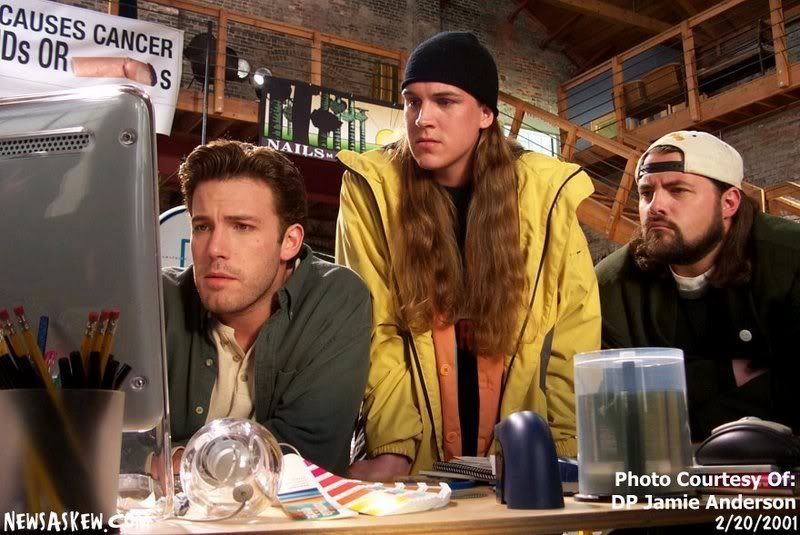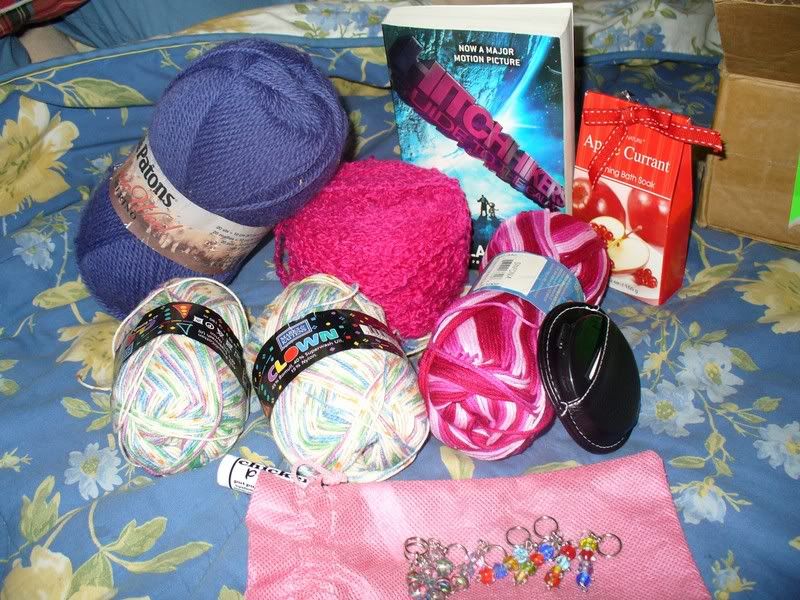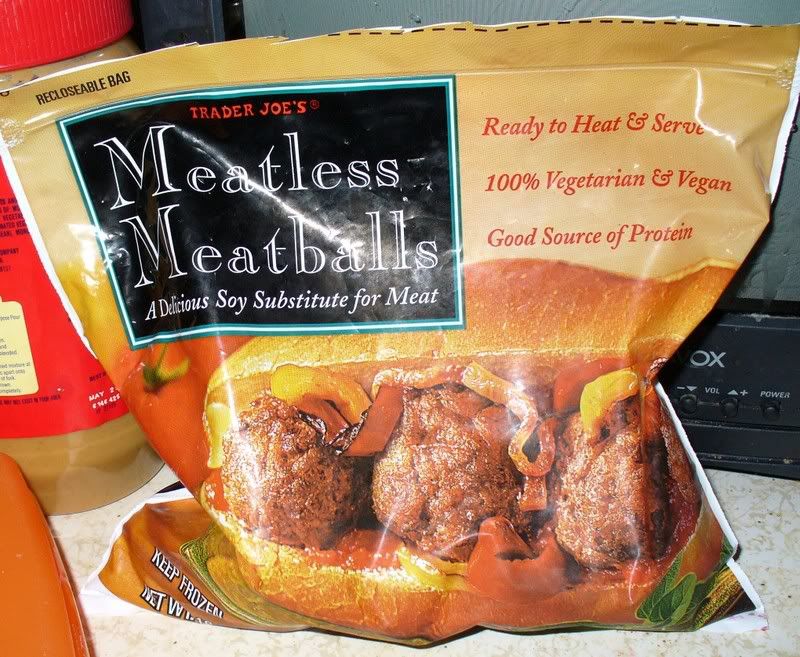The following two stories appeared in the Yahoo! news headlines on the very same day:
Alcohol use helps boost income: study Thu Sep 14, 6:44 AM ET
People who consume alcohol earn significantly more at their jobs than non-drinkers, according to a US study that highlighted "social capital" gained from drinking.
The study published in the Journal of Labor Research Thursday concluded that drinkers earn 10 to 14 percent more than teetotalers, and that men who drink socially bring home an additional seven percent in pay.
"Social drinking builds social capital," said Edward Stringham, an economics professor at San Jose State University and co-author of the study with fellow researcher Bethany Peters.
"Social drinkers are out networking, building relationships, and adding contacts to their BlackBerries that result in bigger paychecks."
The authors acknowledged their study, funded by the Reason Foundation, a libertarian think tank, contradicted research released in 2000 by the Harvard School of Public Health.
"We created our hypothesis through casual observation and examination of scholarly accounts," the authors said.
"Drinkers typically tend to be more social than abstainers."
The researchers said their empirical survey backed up the theory, and said the most likely explanation is that drinkers have a wider range of social contacts that help provide better job and business opportunities.
"Drinkers may be able to socialize more with clients and co-workers, giving drinkers an advantage in important relationships," the researchers said.
"Drinking may also provide individuals with opportunities to learn people, business, and social skills."
They also said these conclusions provide arguments against policies aimed at curbing alcohol use on university campuses and public venues.
"Not only do anti-alcohol policies reduce drinkers' fun, but they may also decrease earnings," the study said.
"One of the unintended consequences of alcohol restrictions is that they push drinking into private settings. This occurred during the Alcohol Prohibition of 1920-1933 and is happening on college campuses today. By preventing people from drinking in public, anti-alcohol policies eliminate one of the most important aspects of drinking: increased social capital."
The researchers found some differences in the economic effects of drinking among men and women. They concluded that men who drink earn 10 percent more than abstainers and women drinkers earn 14 percent more than non-drinkers.
However, unlike men, who get a seven percent income boost from drinking in bars, women who frequent bars at least once per month do not show higher earnings than women drinkers who do not visit bars.
"Perhaps women increase social capital apart from drinking in bars," the researchers said in an effort to explain the gender gap.
FDA warns spinach tainted, washed or not
By ANDREW BRIDGES, Associated Press Writer
Even if you wash the spinach, you still could be at risk. Sober warnings for salad lovers came from federal health officials Friday as they struggled to pinpoint a multistate E. coli outbreak that killed one person and sickened dozens more.
Bagged spinach — the triple-washed, cello-packed kind sold by the hundreds of millions of pounds each year — is the suspected source of the bacterial outbreak, Food and Drug Administration officials said.
The FDA warned people nationwide not to eat the spinach. Washing won't get rid of the tenacious bug, though thorough cooking can kill it. Supermarkets across the country pulled spinach from shelves, and consumers tossed out the leafy green.
"We're waiting for the all-clear. In the meantime, Popeye the Sailor Man and this family will not be eating bagged spinach," said Dr. William Schaffner, chairman of preventative medicine at Vanderbilt University. The Tennessee university's medical center was treating a 17-year-old Kentucky girl for E. coli infection.
By Friday, the outbreak had grown to include at least 11 states: Connecticut, Idaho, Indiana, Kentucky, Michigan, New Mexico, New York, Ohio, Oregon, Utah and Wisconsin. Wisconsin accounted for about half the cases, including the lone death, Gov. Jim Doyle said.
"We are telling everyone to get rid of fresh bagged spinach right now. Don't assume anything is over," Doyle said.
Health officials also were investigating possible cases in California, Pennsylvania and Washington. In all, the bug is known to have sickened roughly 60 people, ages 3 to 84, the majority of them women.
FDA officials said they issued the nationwide consumer alert without waiting to identify the still-unknown source of the tainted spinach.
"Early is good," said Caroline Smith DeWaal, food safety director for the Center for Science in the Public Interest, adding that the alert may have prevented hundreds more cases.
An industry spokeswoman said public health concerns justified the blanket warning: "It needed to happen this way," said Kathy Means, a spokeswoman for the Produce Marketing Association. "Public health has to trump economics at this time."
Initial suspicions focused on California's Monterey County. Farmers there grow more than half the nation's 500 million-pound spinach crop, according to the Agriculture Department.
"We're trying to get to the bottom of this and figure out what happened. Everybody is terribly concerned," said Dave Kranz, a spokesman for the California Farm Bureau Federation.
Even before the latest outbreak, a joint state and federal effort has been under way in the California county to find and eliminate any possible sources of E. coli contamination.
"We need to strive to do even better so even one life is not lost," said Dr. Andrew von Eschenbach, FDA's acting commissioner.
The FDA's top food expert stressed the importance of stopping the bacterium at its source, since rinsing spinach won't eliminate the risk. "If you wash it, it is not going to get rid of it," said Robert Brackett, director of the agency's Center for Food Safety and Nutrition.
E. coli lives in the intestines of cattle and other animals and typically is spread through contamination by fecal material. Brackett said the use of manure as a fertilizer for produce typically consumed raw, such as spinach, is not in keeping with good agricultural practices. "It is something we don't want to see," he told a food policy conference.
Meanwhile, Wal-Mart Stores Inc., Safeway Inc., SuperValu Inc. and other major grocery chains stopped selling spinach, removing it from shelves and salad bars.
"We pulled everything that we have spinach in," said Dan Brettelle, manager of a Piggly Wiggly store in Columbia, S.C.
Local doctors began seeing the first of the ongoing E. coli poisoning cases in late August. The Centers for Disease Control and Prevention and Wisconsin health officials alerted the FDA about the outbreak at midweek.
Consumer activist Barb Kowalcyk said fixing the nation's "fractured network" of food safety agencies could save lives. In 2001, her 2-year-old son, Kevin, died of E. coli, possibly after eating tainted ground beef.
"How can we improve communication between agencies? That needs to happen," the Loveland, Ohio, resident said.
Rep. Rosa DeLauro (news, bio, voting record), D-Conn., and other lawmakers seek a hearing on legislation that would consolidate all federal food safety agencies and establish the Food Safety Administration, her spokeswoman said.
Not all strains of E. coli cause illness: E. coli O157:H7, the strain involved in the current outbreak, was first recognized as a cause of illness in 1982. That strain causes an estimated 73,000 cases of infection, including 61 deaths, each year in the United States, according to the CDC.
When ingested, the bug can cause diarrhea, often with bloody stools. Most healthy adults can recover completely within a week, although some people — including the very young and old — can develop a form of kidney failure that often leads to death.
Sources of the bacterium include uncooked produce, raw milk, unpasteurized juice, contaminated water and meat, especially undercooked or raw hamburger, according to the CDC.
Anyone who has gotten sick after eating raw packaged spinach should contact a doctor, officials said. Other bagged vegetables, including prepackaged salads, apparently are not affected.
"At this point, we are focused on the issue of the spinach. As we learn more, as we go further, we will alter or change that recommendation," von Eschenbach said.
I certainly appreciate a little scientific evidence to support my chosen lifestyle.
So, to recap, kids: Spinach, BAD. Beer, GOOD.


































































